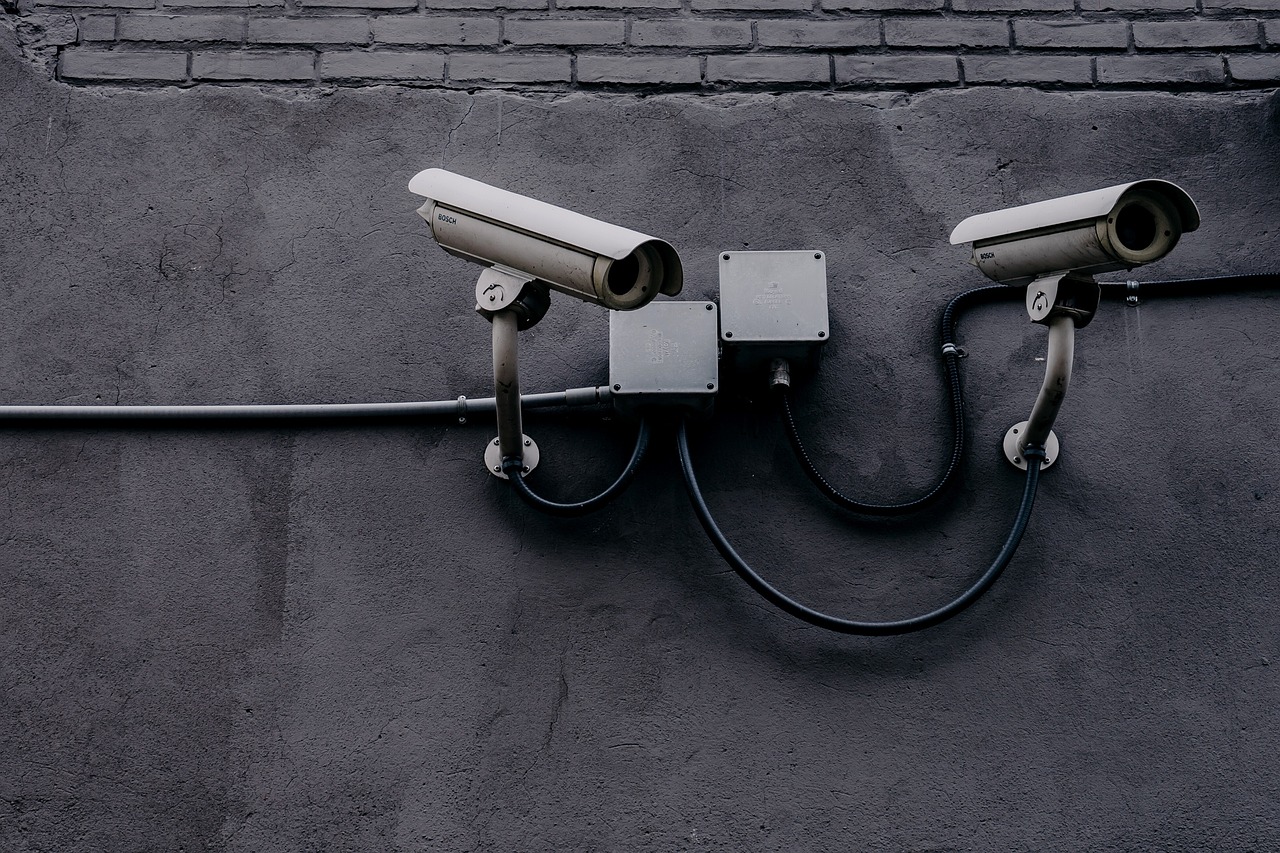Why You Need to Secure Your Home Surveillance Cameras from Hackers
Home security cameras offer peace of mind, allowing you to keep an eye on your property remotely. But just like any internet-connected device, they can be vulnerable to hackers. A hacked security camera can be a serious privacy breach, exposing your private life and potentially compromising your home security.
This article will explain why you should secure your home security cameras, the risks of not doing so, and the simple steps you can take to improve your camera security.
Why Hackers Target Security Cameras
There are a few reasons why hackers might target home security cameras:
- Espionage: Hackers might want to spy on you and your family in your own home. This could be for malicious reasons, like planning a robbery, or simply to invade your privacy.
- Blackmail: If a hacker gains access to footage of you in a compromising situation, they could try to blackmail you for money.
- Disruption: Hackers might disrupt your security system by disabling your cameras or using them to spread misinformation.
- Botnets: Hackers can incorporate compromised cameras into large networks of hacked devices, known as botnets, that can be used to launch denial-of-service attacks or spread malware.
Risks of Not Securing Your Cameras
The risks of not securing your home security cameras are significant. Here are some of the potential consequences:
- Privacy Breach: Hackers could gain access to live feeds of your home, allowing them to see what you’re doing in your most private moments.
- Identity Theft: If a hacker can see into your home, they may be able to gather personal information that could be used for identity theft, such as bank statements or social security numbers.
- Stalking: In some cases, a hacker might use a compromised camera to stalk you or your family members.
- False Alarms and System Disruptions: Hackers could disable your cameras or trigger false alarms, making your security system less effective.
- Damaged Reputation: If word gets out that your security camera has been hacked, it could damage your reputation and cause you emotional distress.
How Hackers Gain Access to Cameras
There are a number of ways that hackers can gain access to home security cameras. Here are some of the most common:
- Weak Passwords: If you use a weak or easily guessable password for your camera, hackers can easily crack it and gain access.
- Out-of-Date Firmware: Many security cameras have firmware that needs to be updated regularly to fix security vulnerabilities. If you don’t update your camera’s firmware, hackers may be able to exploit these vulnerabilities to gain access.
- Phishing Attacks: Hackers might send you phishing emails that appear to be from the legitimate camera manufacturer. These emails may trick you into clicking on a malicious link or entering your login credentials on a fake website.
- Malware: Hackers can infect your computer or phone with malware that can steal your login credentials for your security camera.
- Unsecured Wi-Fi Network: If your Wi-Fi network is not secure, hackers may be able to intercept the data traveling between your camera and the internet.
Securing Your Home Security Cameras: Simple Steps
The good news is that there are a number of simple steps you can take to improve the security of your home security cameras:
- Use Strong Passwords: Choose a strong and unique password for your camera that is at least 12 characters long and includes a mix of upper and lowercase letters, numbers, and symbols. Don’t reuse passwords that you use for other accounts.
- Enable Two-Factor Authentication: If your camera offers two-factor authentication (2FA), enable it. 2FA adds an extra layer of security by requiring a second verification code in addition to your password to log in.
- Update Your Firmware Regularly: Check for firmware updates for your camera regularly and install them as soon as they become available. Firmware updates often include security patches that can fix vulnerabilities.
- Disable Features You Don’t Use: If your camera has features that you don’t use, such as remote access or cloud storage, disable them. This will reduce the attack surface for hackers.
- Secure Your Wi-Fi Network: Use a strong WPA2 encryption for your Wi-Fi network and change the default network name (SSID) to something unique and difficult to guess.
- Keep Your Computer and Phone Secure: Use a firewall and antivirus software on your computer and phone to help protect against malware that could steal your camera login credentials.
- Be Cautious of Phishing Emails: Don’t click on links or open attachments in emails from unknown senders, even if they appear to be from the legitimate camera manufacturer.
